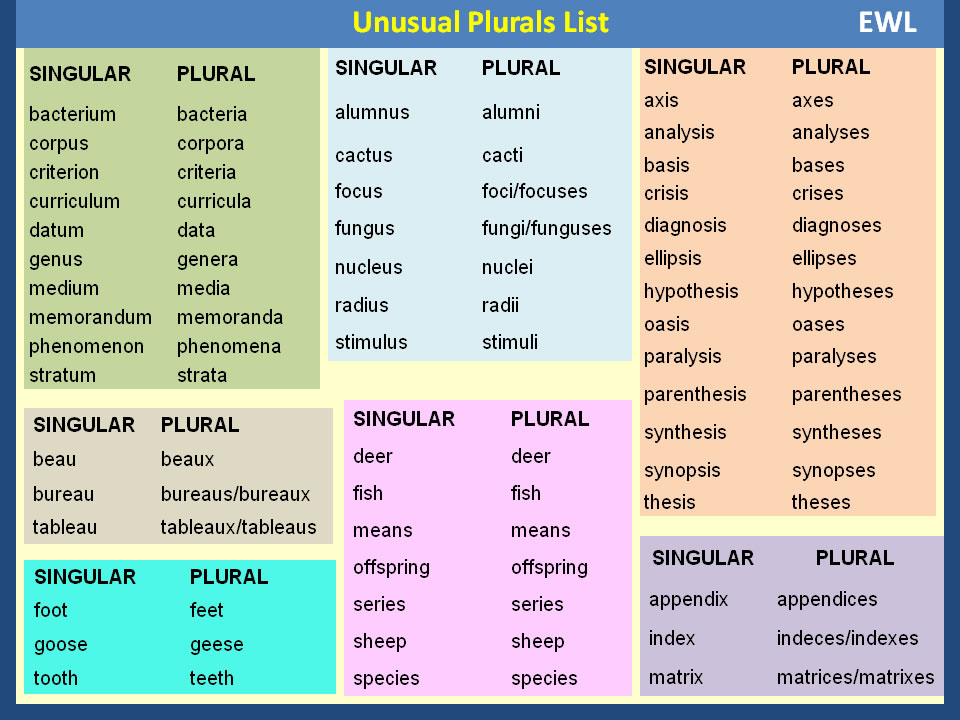p. 29
both /bəʊθ/ UK US adjetivo & pronombre
1
los/las dos, ambos -as
He
broke both legs.
Se
rompió las dos piernas.
Hold it in both hands.
Sujétalo
con las dos manos.
They both started speaking at
the same time.
Los
dos empezaron a hablar al mismo tiempo.
Jim and I both love dancing.
Tanto a Jim como a mí nos encanta bailar.
own /əʊn/ UK US adjetivo, pronombre & verbo
• adjetivo
1 propio
-a
He wants his own computer.
Quiere tener su propio ordenador.
share
/ʆeə/ UK US verbo & sustantivo
• verbo
1 [transitivo/intransitivo] compartir
I share a room with my sister.
Comparto habitación con
mi hermana.
annoy /əˈnɔɪ/ UK US verbo [transitivo]
1 molestar, irritar [actitud, comportamiento]
2 hacer enfadar [persona]
business
/ˈbɪznɪs/ UK US sustantivo
1 negocios
We do
a lot of business with Italian companies.
Hacemos muchos negocios
con empresas italianas.
management /ˈmænɪdʒmənt/
UK US sustantivo
1
(actividad)
administración, gestión
2
(colectivo
de dirección) directivos
3
(campo
de estudio) administración de empresas
mess /mes/ UK US sustantivo & verbo
• sustantivo
1 desorden
Sorry about the mess.
Perdona el desorden.
My
hair is a mess!
¡Tengo el pelo hecho un
desastre!
to be in a mess estar hecho -a un desastre, estar manga por hombro [casa, habitación,
etc.]
My
house is in a mess.
2 (referido a algo sucio)
Clear up this mess!
¡Limpia esta porquería!
I’m going to my parent’s (house)
The bedrooms have big wardrobes.
It is noisy because it is in the city centre.
My house is very cold in winter and I don’t like it,
but I like it because it is big and quiet. My neighbour’s dog annoy me.
The Apostrophe S - ('S)
Possessive Case - Genitive Case
Also called the possessive case, the genitive case is
when we add apostrophe S (’s) to show possession, that something belongs to
another or a type of relationship between things.
e.g. Woodward’s house, Your brother’s friend
e.g. Woodward’s house, Your brother’s friend
The meaning of X’s Y is:
= The Y of X
= The Y belonging to X (Y is normally a thing)
= The Y which has some relation with X (Y is often a person)
= The Y of X
= The Y belonging to X (Y is normally a thing)
= The Y which has some relation with X (Y is often a person)
The Rules:
We normally use the ’s with people,
animals though it can also be used with places, organizations and companies
(which suggest a group of people).
It is not common to use the ’s with
non-living things.
1. Singular nouns
add 's (apostrophe S)
- My mother’s house is next to the beach.
(= the house of my mother)
- Jason’s car was stolen last night. (= the car of
Jason)
- Tomorrow, we’re all going to see the museum’s new
art exhibit.
2. Plural nouns ending in –s
only add the apostrophe ' (without
the S)
- The two sisters’ house is next to
mine. (= the house of the two sisters)
- The plumbers’ tools were rusty. (=
the tools of the plumbers)
- The players’ boots were dirty and
smelly after the game. (= the boots of the players)
Notice that the pronunciation is the same for certain
possessives:
- My friend’s house = the house of my friend = 1
friend
- My friends’ house = the house of my friends = 2
or more friends
You can usually distinguish whether the speaker is
referring to one or two friends by listening to the context of what the speaker
says.
3. Plural nouns not ending in
–s:
add 's
- Be careful not to trip over the children’s toys.
(= the toys of the children)
- The women’s bathroom is currently
flooded with water.
- The presidential candidate is often called the
people’s favorite politician.
4. Singular noun ending in –s:
It depends…
a. Most names: add 's (apostrophe S)
a. Most names: add 's (apostrophe S)
- They had a really good time at James’s barbecue
last Friday.
- We spent the day admiring Frances’s new
car.
b. Classical or religious names: add ' (only
the apostrophe)
- Jesus’ disciples carried out the
teachings of Jesus.
- Sophocles’ plays are still performed
today.
5. Possessive nouns as part of a
phrase
Sometimes more than one word/noun is a possessive. The
same rules as above are still valid:
- The King of Sparta’s wife was
called Helen.
- The President of Chile’s speech
was very long.
- I accidentally took someone else’s bag
home by mistake.
- I had to give my boss three weeks’ notice
that I was leaving the company.
If there are two owners of something, we add 's to
the final name:
- Rick and Steve’s car is quite old.
But, if each person owns a car, then add 's to
both names:
- Rick’s and Steve’s cars
are quite old.
Notice how the verb is in plural form.
6. No Noun
If the meaning is clear, we can use the possessive without a
noun after it.
- Her hair is longer than Jill’s. (= Jill’s hair)
- We ate at Billy’s last night. (= Billy’s Diner or
Billy’s house)
- Whose bag is this? It’s Jane’s. (= Jane’s bag)
Object pronoun:
verb
He told
me a secret
I gave
her a book
They showed us their house
Preposition
That’s a present for you
That’s what I said to them
Possessive adjective:
Before a noun
She is his/her girlfriend
That’s our car
We stayed in their house
Horarios->
Director:
m – j 4-6
Jefa
Estudios: l 4-6
Secretaria: m 5-9
Info reunión delegados
eoicaravaca.org -> aula virtual -> Plataforma
Moodle -> entrar como invitado
Nuevo plan
Diccionarios
Faltas
de asistencia
Lectores
Evaluación
2008


No comments:
Post a Comment
Note: only a member of this blog may post a comment.